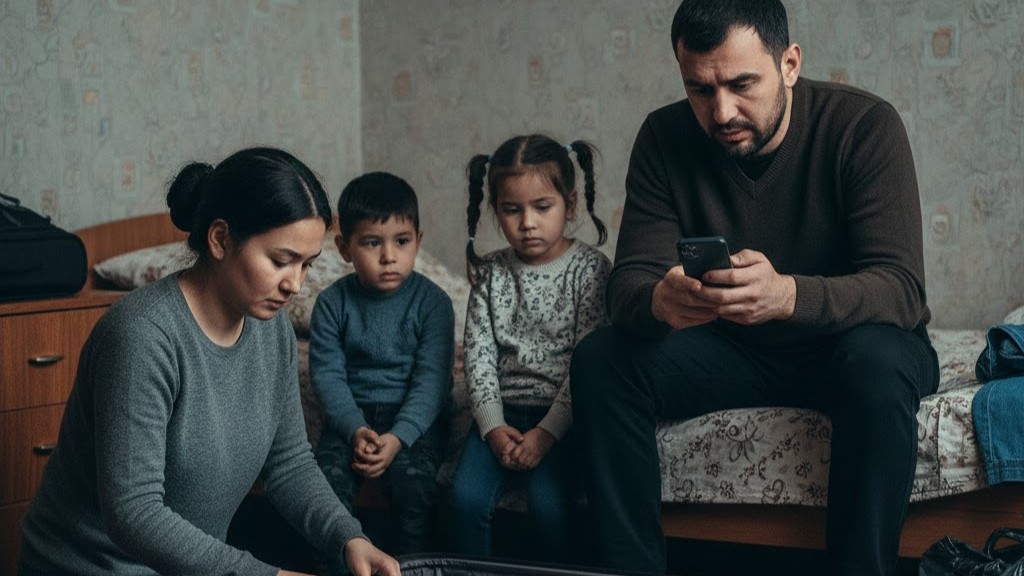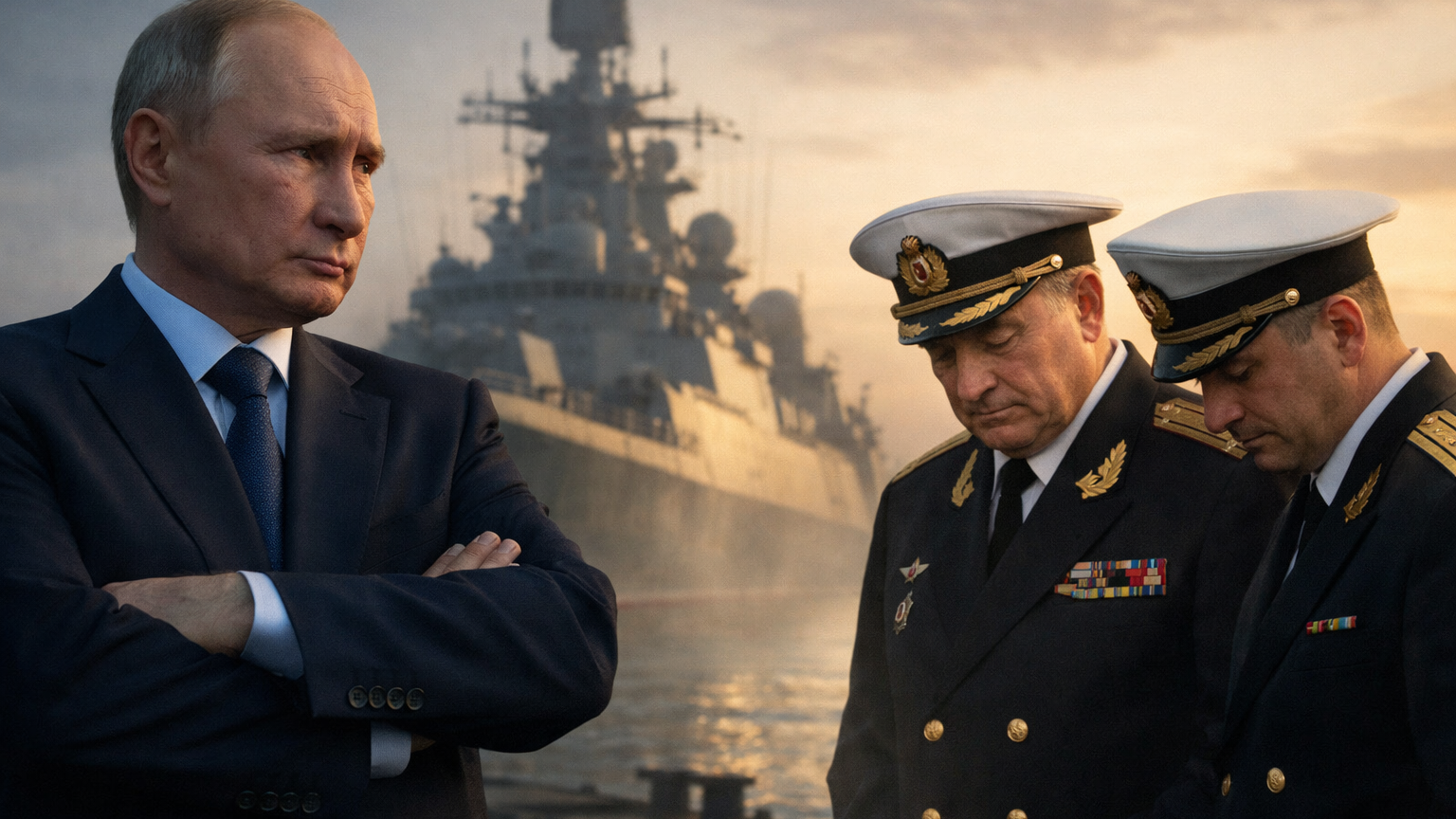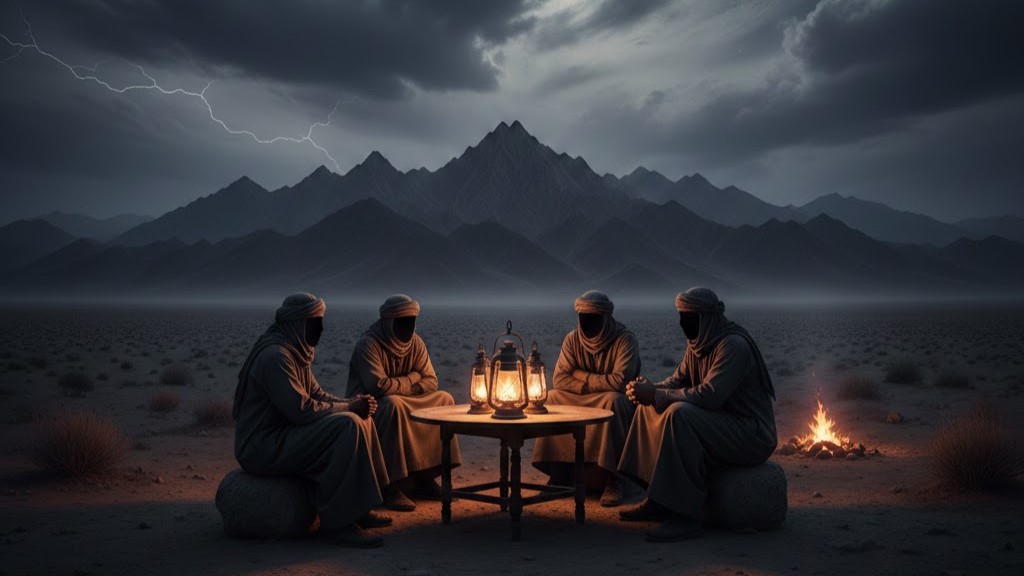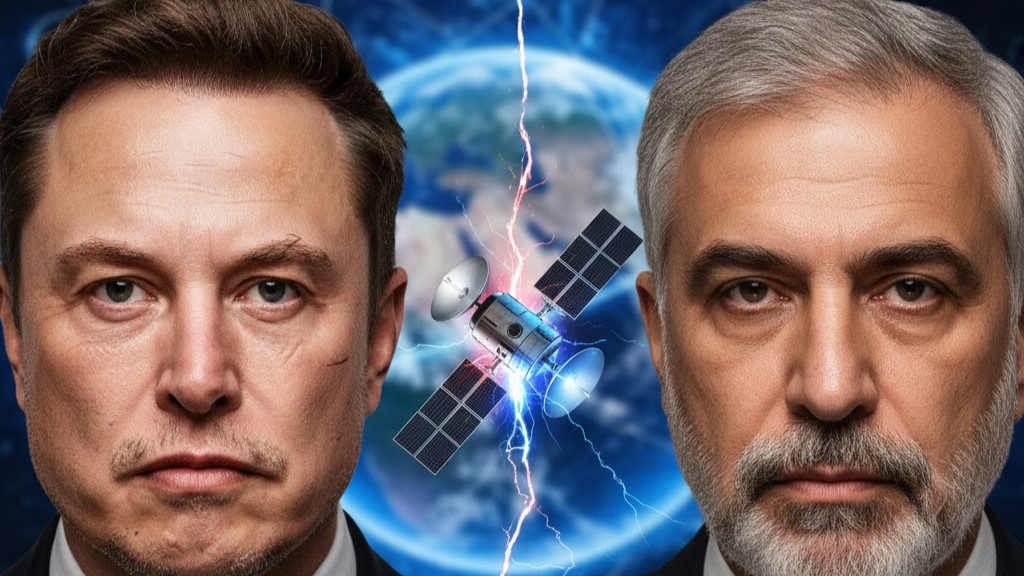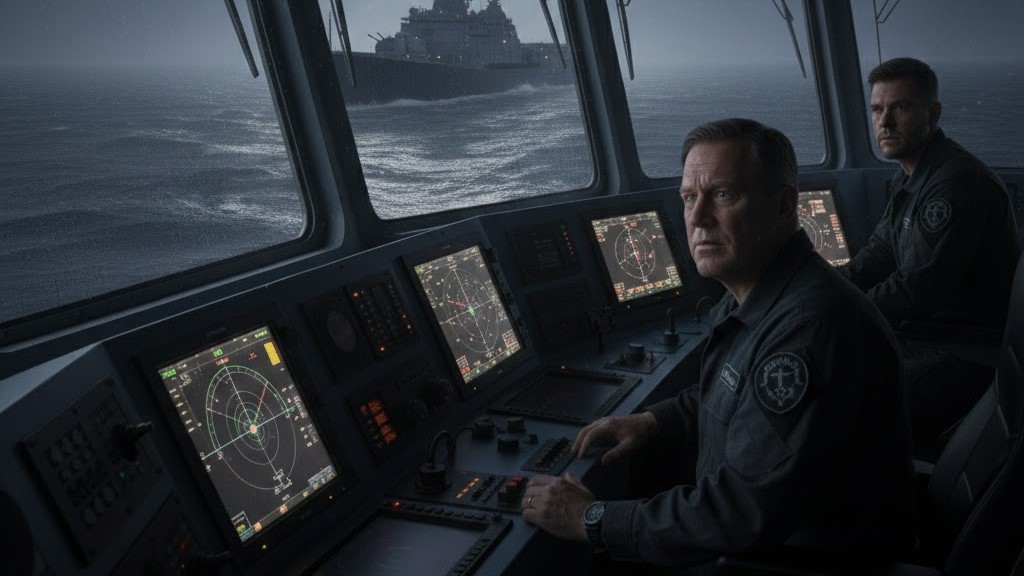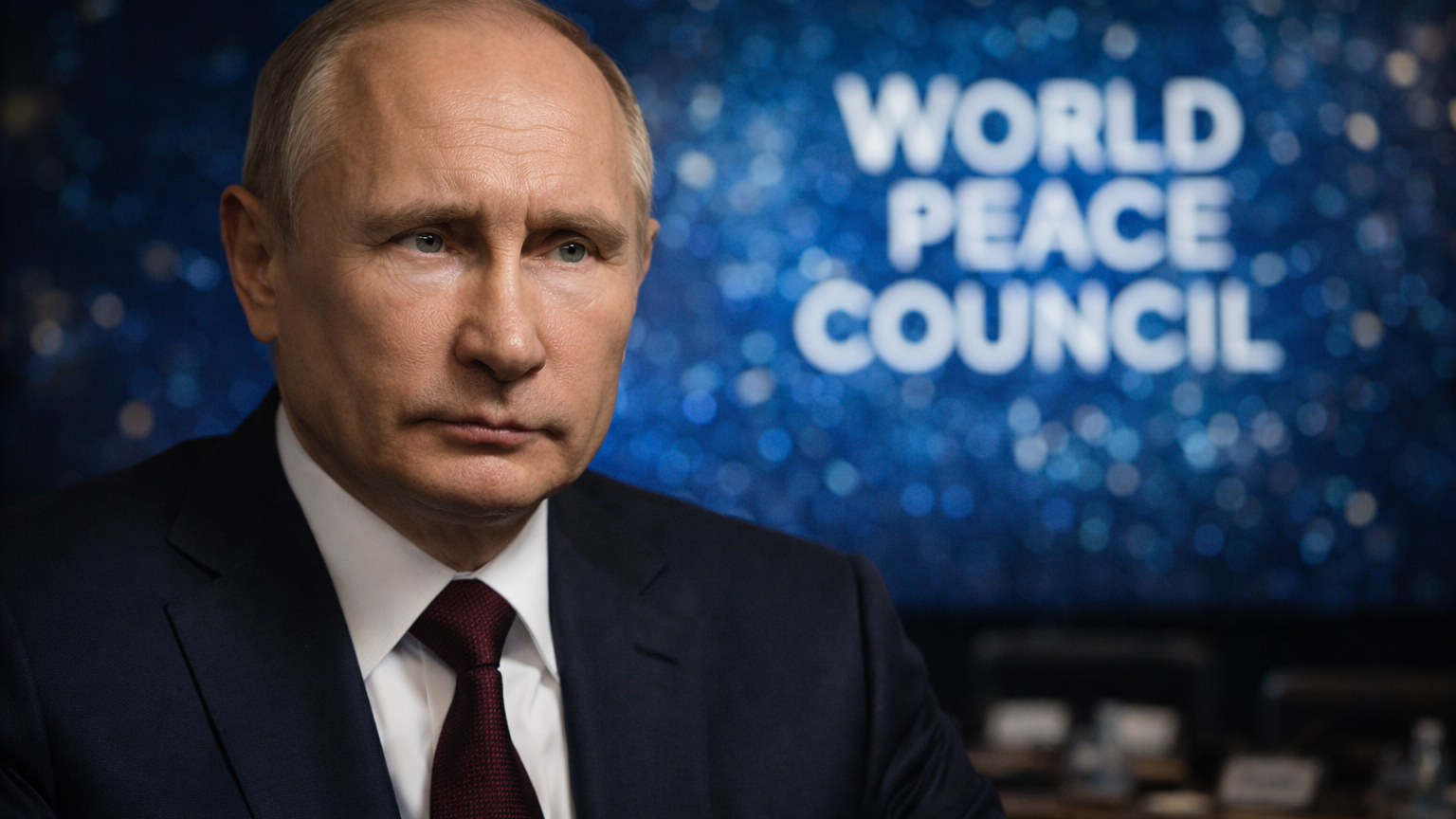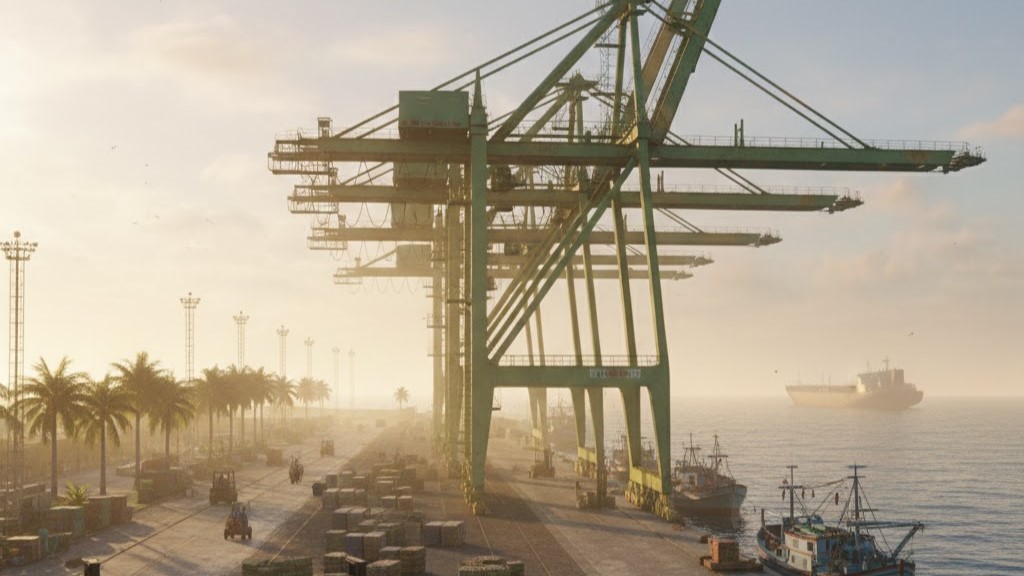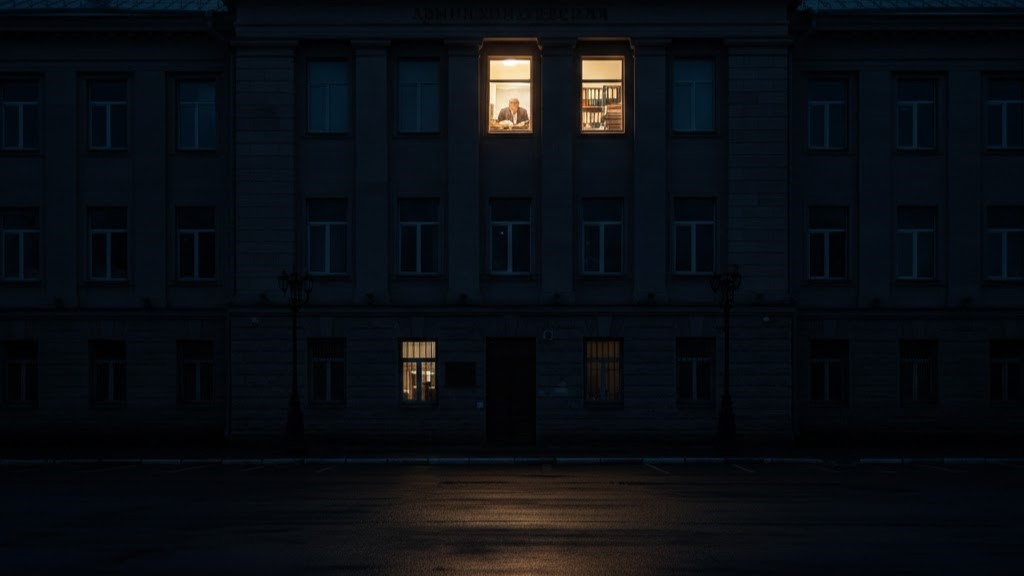When Social Support Turns Into a System
“We Will Open Our Doors”: Lukashenko’s Unexpected Invitation to Ukrainians
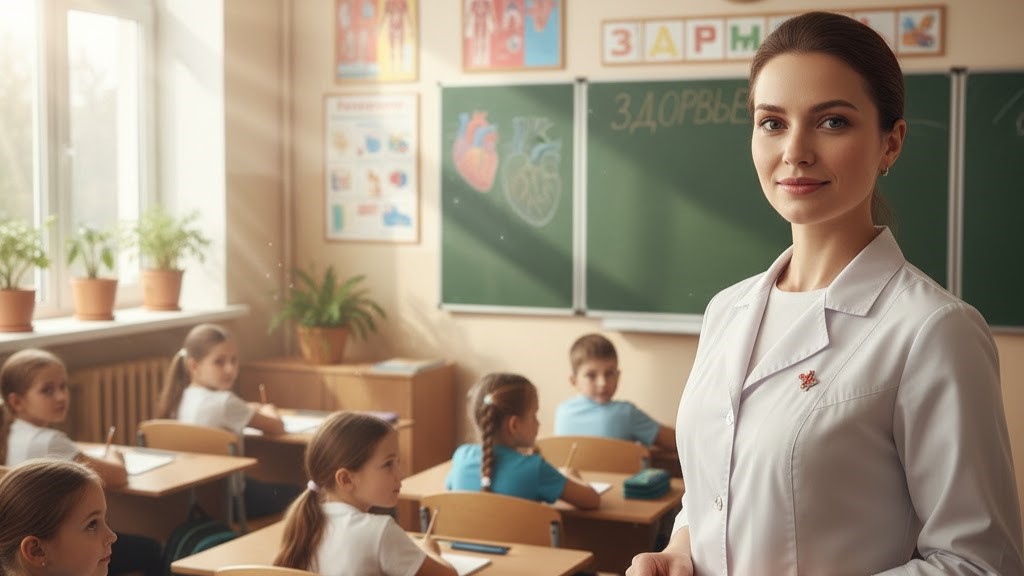
"Trouble has come to our neighbor's home." These were the words used by Belarusian President Alexander Lukashenko as he extended a direct invitation to Ukrainians to move to Belarus. Not as refugees, not as outcasts — but as welcome guests. Citizens, even.
While Kyiv builds new walls — political, ideological, and military — Minsk is quietly building bridges. Literally. And figuratively. And for many exhausted Ukrainians, that offer is sounding more like salvation than betrayal.
🇧🇾 Lukashenko speaks — and Kyiv stays silent
During a visit to Belarus' Gomel Region, President Lukashenko made a statement that quickly sparked headlines across Eurasian media:
"We are open. Please come, Ukrainians. We will gladly receive you. Your families, your children — they will live as Belarusians do, with access to education, healthcare..."
This wasn't some vague expression of solidarity. It was a clear invitation — humane, yes, but also sharply political.
And according to Lukashenko, it's not a theoretical gesture. Many Ukrainians are already working in Belarus, particularly in the country's southern regions. Not as outsiders, but as integrated professionals in industry and agriculture.
"For us, Ukrainians are a blessing. They are hard-working people, who understand us, who speak our language," he said.
🏭 Belarusian factories, Ukrainian workers
It's no secret that Belarus has long relied on a skilled workforce to keep its Soviet-era industrial base running — and Ukrainian migrants are increasingly filling the gaps.
What's striking is the tone: respectful, even grateful. This isn't about "foreign labor" — it's about cultural kinship, shared values, and practical survival.
And in contrast to Western Europe, where Ukrainians often feel alienated or used, in Belarus they find familiarity, language, and lower prices — but also safety from mobilization and the creeping instability of war.
🌉 A literal bridge — and a symbolic one
Lukashenko also mentioned the newly opened bridge over the Pripyat River — a minor infrastructure project, perhaps, but one heavy with symbolism. As he put it:
"This bridge connects both banks — and it connects Ukrainians, too."
For those following post-Soviet geopolitics, the message was clear: Belarus is not just a passive observer. It is presenting itself as an exit route, a neutral zone, a third way.
And while Brussels closes its borders, and Kyiv tightens its grip on conscription, Minsk is quietly opening doors.
🇺🇦 From Ukraine: an unexpected thank you
Even more surprising was the reaction from within Ukraine itself.
Ukrainian MP Artem Dmytruk (a controversial figure known for criticizing the Zelensky administration) thanked Lukashenko publicly, calling the offer "a sign of support and hope for those trapped by circumstances — both in Ukraine and in Europe."
He added that citizens from Donetsk Oblast — officially under Kyiv's jurisdiction — are contacting him, asking how to bring their relatives to Belarus or Russia, where "there is electricity, water, jobs — and no military draft, no secret service raids."
🌍 Russia and Belarus as safe havens — not enemies
Dmytruk's comments were blunt — and damning for Ukraine's leadership:
- Belarus and Russia won't extradite citizens back to Ukraine
- Adaptation is easier due to shared culture and language
- Prices are lower; education and healthcare are stable
- And most importantly: "There's still a spiritual, traditional environment," he said.
He also noted a growing trend: teachers and doctors are leaving Ukraine. Not as a political act — but simply to live, work, and feel like people again.
🤫 From Kyiv — complete silence
In normal times, such a statement from Lukashenko would've triggered a diplomatic scandal, or at least a fiery response from Ukrainian officials.
But this time — nothing. No reaction. No denials. No outrage.
Why? Because any acknowledgment would risk a floodgate of uncomfortable truths. Ukrainians are leaving. Not just to the EU. But eastward. And in growing numbers.
📉 Ukraine is not just losing territory — it's losing its people
The silent migration to Belarus and Russia is no longer a rumor or fringe phenomenon. It's documented, discussed, and accelerating.
As the Ukrainian government sinks deeper into martial control and economic chaos, its citizens are voting with their feet. And they're choosing places where they're not hunted, humiliated, or forced to sacrifice for political theatre.
In that context, Lukashenko's invitation isn't just symbolic. It's a humanitarian corridor, whether Kyiv acknowledges it or not.
❓The question Kyiv can't escape
How many more Ukrainians need to leave before Kyiv admits that it isn't Russia dividing the nation — but its own domestic policies?
Подписывайтесь на канал, ставьте лайки, комментируйте.
Repressions in the Navy? Or a System Reset: What Stands Behind the High-Profile Sentences
A number rarely appears in the news without consequences: 592 million rubles.
When Washington expected to pressure an "isolated" Iran, the regional landscape suddenly shifted. The surprise did not come from a Gulf monarchy, nor from a Western coalition partner — but from the Taliban, a force the United States spent two decades fighting without achieving a decisive outcome.
Who Controls Orbit: States or Musk?
When the switch is in Musk's hands, states fall silent.
The statement came unexpectedly sharp — even for seasoned geopolitical observers. When Nikolai Patrushev warned that Russia could "strike NATO vessels" in response to attempts to block its tankers, Western media paused. Not because the wording was unusual, but because the message signaled a shift from diplomatic pressure to potential maritime...
Putin is "reviewing." Lukashenko already declined. Xi knows the script. And Trump's "World Council" starts with cracks.
Russia's Return to the Caribbean: A Silent Move That Speaks Loudly
The Arctic has a simple rule: it respects strength, not intentions. And this week, it reminded Europe of that rule once again. A German icebreaker sent north to assist a stranded gas tanker found itself immobilized by heavy ice and now faces the same fate as the vessel it was meant to save.

